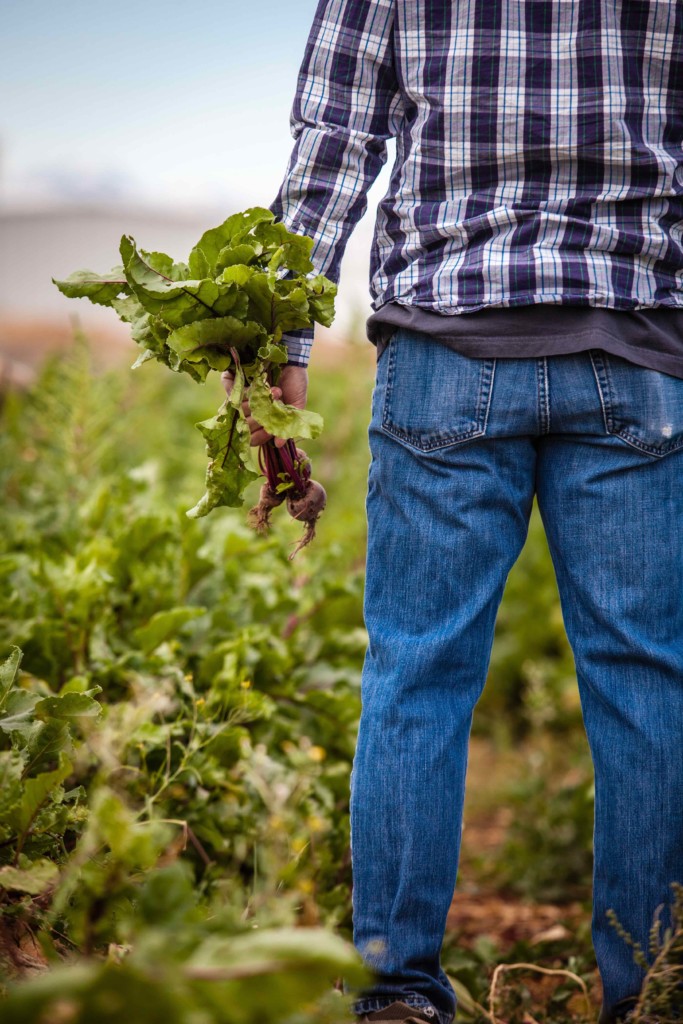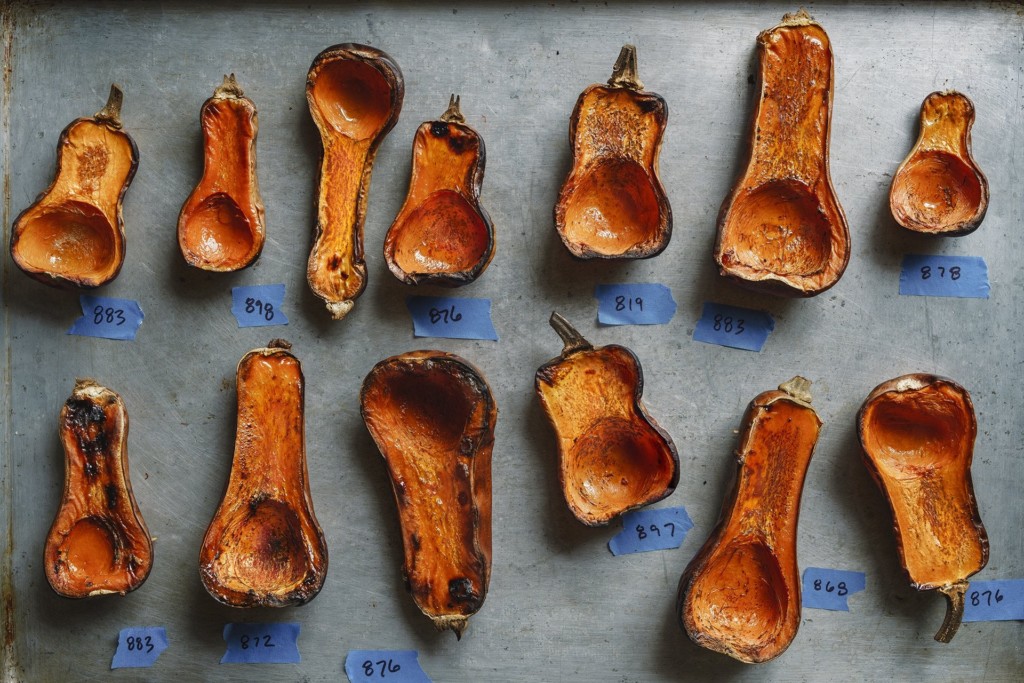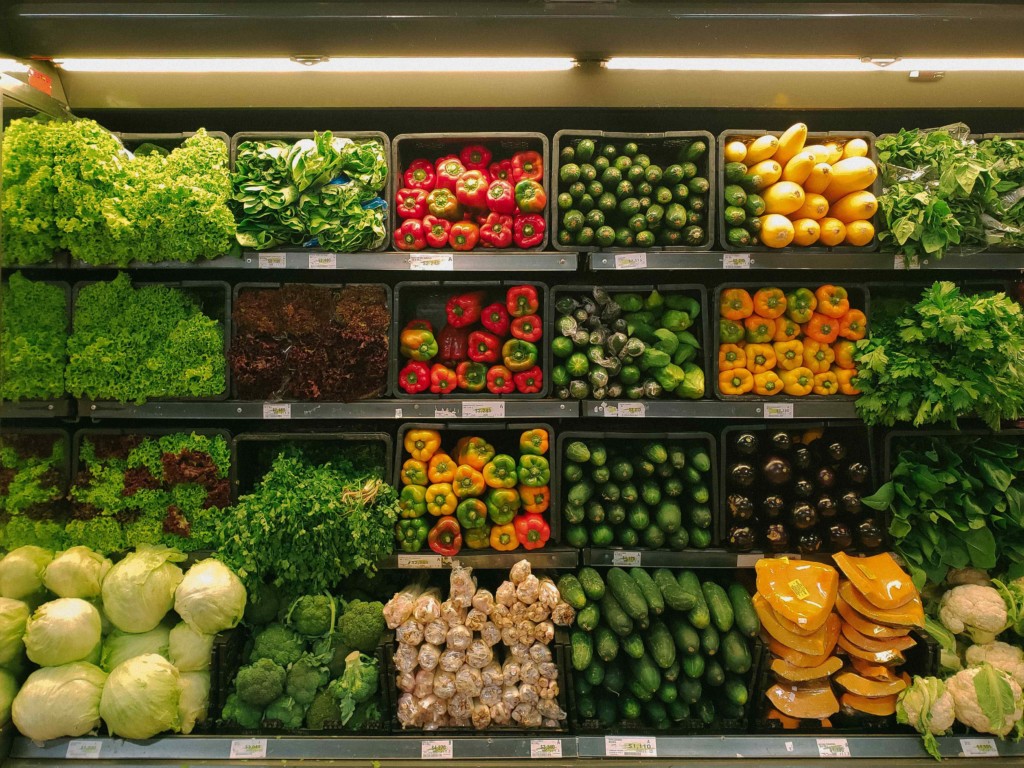Sustainable global consumer trends and what it means for farmers
Globally renowned food innovation expert, Mike Lee observes the top four consumer trends and the opportunity areas for farmers to take charge in designing solutions that will help shape the future of food, which he believes is currently led by ‘celebrity chefs’.
 Photo by Adam Jaime on Unsplash
Photo by Adam Jaime on Unsplash
There is a great deal of energy devoted, each year to covering consumer trends that are defining the future of food and the interests of farmers worldwide. This piece is one of them. What I hope you’ll gather from this article are some insights about what might be coming down the road from the food industry and consumers that could present new challenges or opportunities for farmers.
However, before we get to those trends, I must emphasise that no matter what we see consumers doing in the market, we in every part of the food supply chain have the potential to shape things differently. For generations, the food industry has been maniacally consumer centric. Consumer trends that gather traction have created a ripple effect upstream to change the way food manufacturers create products and the way farmers grow food.
This list of “trends” is unique because most of them are not things that the average consumer would recognise by name. This list is not about trends that have already gained traction. This list is about the things that consumers don’t yet know about, but meet their needs for more delicious, sustainable, and healthful food in ways they haven’t imagined yet.
No consumer could have imagined the iPhone before Steve Jobs introduced it to the world. But consumers did need email, web browsing, calling, and texting, and it took Apple to make the quantum leap and create a device that could meet all of those needs in one compact package.
Consumers will always be able to tell you their problems, but they aren’t always able to imagine the best solutions. In food, this is where farmers can play a more active role. For too long, farmers have been on the receiving end of the whims of the consumer. And while it’s important to continue to meet today’s consumer needs, farmers worldwide have the chance to innovate and define what the market wants, instead of merely accepting the wishes of the market.
RELATED: Empowering producers to capture maximum value
The past three decades have created a legion of celebrity chefs, where the role of “chef” has been the central point of value and experience to many eaters. The chef is the one who defines trends and gets consumers to adopt them. We need to put farmers in the trend making position that has currently been occupied by chefs.

Photo by Heather Gill on Unsplash
It’s about time that farmers find ways to step up and start creating trends, instead of simply following them. And to start, here are four key opportunity areas where farmers have a chance to drive more breakthrough innovation in the global marketplace:
Flavour First
- The Headline: Farmers collaborating with chefs to breed seeds for unique and delicious flavours.
- The Idea: A burgeoning movement has been brewing where consumers and chefs are demanding more from their produce when it comes to flavour. Top chefs worldwide have always pointed to their growers as the secret to their success. But some chefs are going even further and partnering with seed breeders and growers to cross breed seeds for the flavour characteristics they desire to work with in the kitchen. For so long, the bulk of the food industry has demanded yield and consistency from their farmers. These are worthwhile pursuits, but flavour has fallen by the wayside in the industrial food complex. This movement towards “flavour first” is a counterbalance to this and it brings flavour back to the forefront of valuable characteristics, along with yield and consistency. In this world, chefs can now start designing recipes starting from the seed, and farmers can differentiate themselves and drive demand by being the ones growing these new flavour experiences.
- What Could it Mean for Farmers?: As you’re growing your core crops for your usual customers, find ways to experiment with flavour optimised seeds or even breed your own / partner with breeders to create new seeds that bring new flavours to the kitchen and to the table. Find chefs in your area to see if they’d partner with you and feature your seeds/produce on their menus. Farmers who can gain a following from chefs and then consumers over the unique flavour attributes of their products can build brand equity for themselves and gain more influence in the market.
- Where to Learn More: Row-7 Seeds

Row-7 Seeds works together with chefs, farmers and plant breeders to create, trial and distribute delicious plant varieties to make an impact in the soil and at the table.
RELATED: Animal-free fermented fats and oils give alternative proteins a kick of flavour
Cover Crop Foods
- The Headline: How might farmers and food manufacturers find ways to use some cover crops for value-add products?
- The Idea: For most of the post-Green Revolution agricultural period, monocultures have been the de facto standard of industrial farming. Every farmer knows what the right cover crops are for their land, but they aren’t always incentivised by the market to plant those crops. Why is it that something that is so naturally good for the land is not something that is also rewarded by the market? An emerging group of food companies have been seeking out farmers who can plant cover crops that can also be used in food products, often along with their core crops. This way, a value-add market could be built for cover crops, which aren’t always worth as much as cash crops.
- What Could it Mean for Farmers?: Farmers could be rewarded financially for planting historically low-monetary value crops that are good for their soil: cover crops. Not only does increasing biodiversity on your farm make sense for the farm and the planet, but it can diversify your sources of income and reduce the need for artificial inputs. There is an eagerness among consumers to learn more about how they can support agriculture that creates tasty food for them while simultaneously creating positive benefits for the Earth.
- Where to Learn More: Varietal, Moonshot, Simple Mills Watermelon Seed Crackers.
RELATED: Next gen plant protein startup, The Leaf Protein Co. ready to scale
Digital Farmers Markets
- The Headline: In the digital age, farmers can–and should–cut out the middleman and go straight to consumers.
- The Idea: If there was any silver lining to the Covid pandemic, one of them would be that the public at large has become more aware of what the food supply chain looks like and what it takes to get good food to their homes. As part of that realisation, the public has been reminded of the obvious, which is that all of their food was grown by a farmer. That bit of increased empathy has made consumers realise how much money in the value chain is taken up by the middlemen, and not always the farmer. Enter: the age of digital e-commerce technology and the ability for farmers to connect more directly with the consumers in their region and sometimes beyond. A number of digital farmers markets have emerged where farmers can find a bigger market for their products. This can give farmers a new audience to connect with that they may not have had access to before, which gives more control and benefit to farmers.
- What Could it Mean for Farmers?: Going direct to consumer may not be for every farmer, but for many, the ability to sell more directly to consumers in a digitally empowered way may be a game changer. Here is another opportunity where farmers can use digital media to expand their reach and influence and build more brand equity behind what they do, which gives them more control over their own business.
- Where to Learn More: Harvie
RELATED: Your Food Collective connects growers with future-focused consumers

Photo by Francesco Gallarotti on Unsplash
True Cost Accounting
- The Headline: Enabling farmers to be more recognised financially for creating positive externalities for the environment.
- The Idea: True Cost Accounting is one of the most ambitious ideas in the food world. At its core, it’s about creating a new financial accounting system that accurately values positive and negative externalities properly. In our current economic system, the incentives for farmers are geared toward what makes the most sense for industry, which doesn’t always overlap with what makes the most sense for the planet. Soil health. Water quality. Biodiversity. These are just a few things that are crucial to the health of the planet, but not consistently rewarded in the market for improving. True Cost Accounting aims to act as a system where farmers who enrich the planet are not only rewarded morally and reputation, but financially.
- What Could it Mean for Farmers?: As an early stage emerging idea, farmers should research more and brainstorm how it may help their current planet-friendly operations or incentivise them to do more to create positive externalities. In the meantime, how might farmers be better able to tell stories of their positive impacts for people and the planet in a more concrete and compelling way?
- Where to Learn More: Intrinsic Exchange Group, The Sustainable Food Trust
RELATED: Agritech innovators work together to deliver better solutions for farmers
Read more of Mike Lee’s thought pieces on the future of our food system and misinformation here.
Enjoyed this story? Want to learn more about the Asia Pacific region’s innovative agrifood tech ecosystem? Sign up for our newsletter here and receive fresh stories about global leaders, farmers, startups and innovators driving collaborative change.

